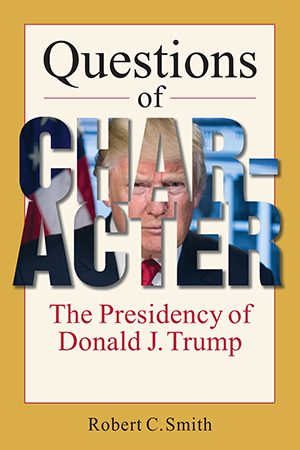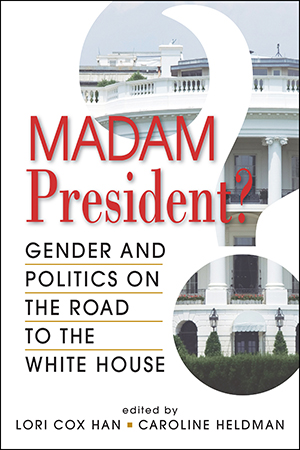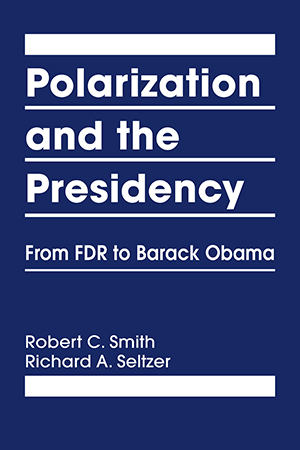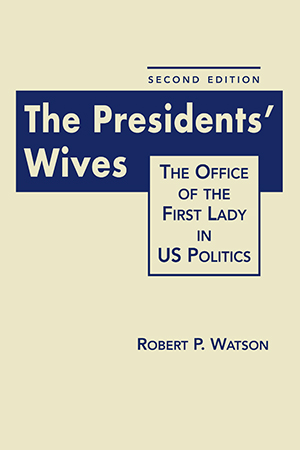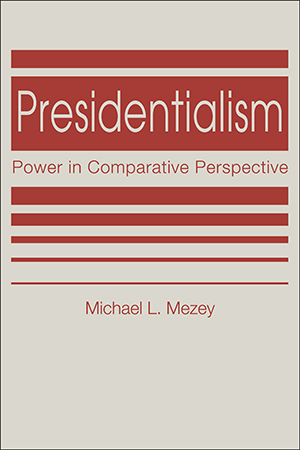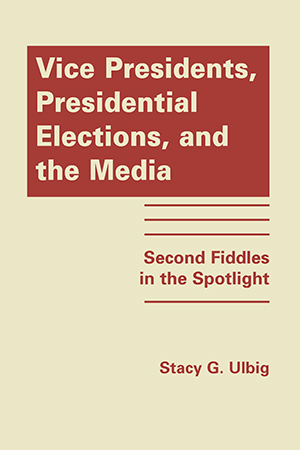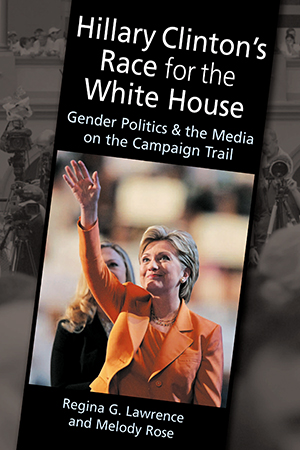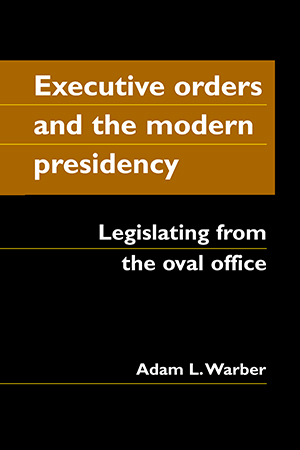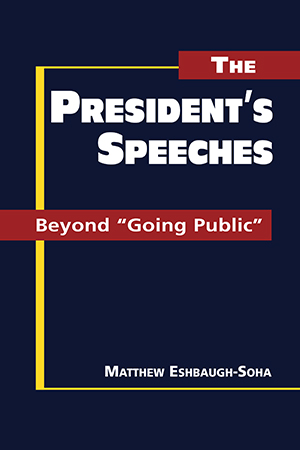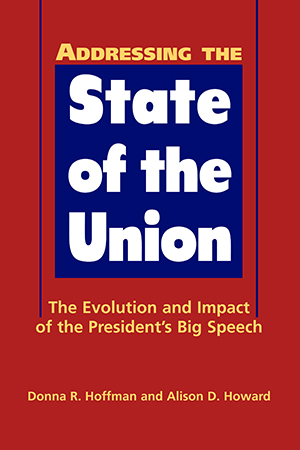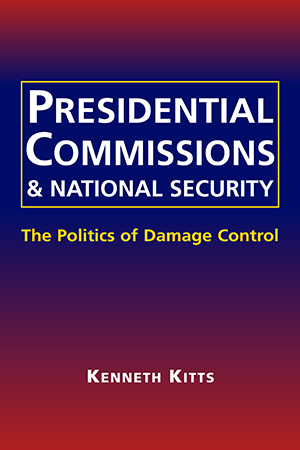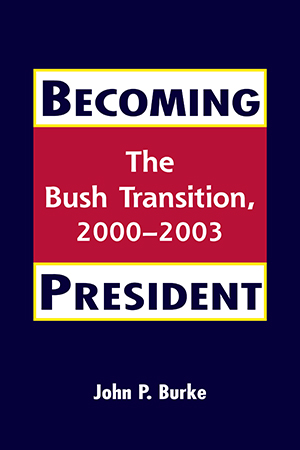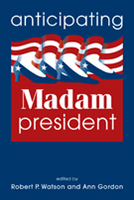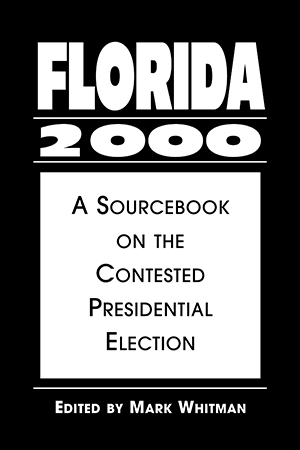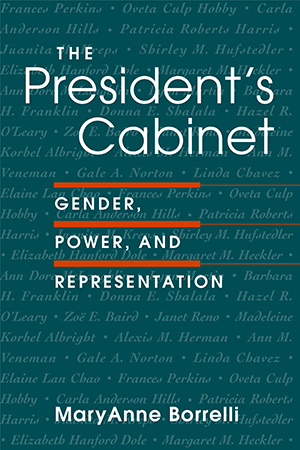Presidency
Conversations about Donald Trump often begin with the question: how did he become president? In Questions of Character, Robert Smith provides some compelling answers based on his assessment More >
Scholars and pundits alike will continue for years to speculate about why both Hillary Clinton and Kamala Harris lost presidential elections to Donald Trump. Their conclusions may differ, More >
Choice Outstanding Academic Book! Robert Smith and Richard Seltzer offer fresh insights on the decisive, and often surprising, role of presidents and presidential candidates in polarizing More >
Robert Watson's groundbreaking study on the presidents' wives proved that the first lady can be an influential force in presidential politics and is a subject worthy of scholarly More >
In countries as diverse as Brazil, Ecuador, France, Russia, South Africa, and the United States, presidents have come to dominate the politics and political cultures of their nations. More >
Do vice presidential candidates play any significant role in presidential elections? Challenging the conventional wisdom, Stacy Ulbig shows the important ways in which they do in fact affect More >
Senator Hillary Clinton won 18 million votes in 2008—nearly twice that of any presidential contender in recent history—yet she failed to secure the Democratic nomination. In More >
Desegregating the military. The internment of Japanese Americans. Limiting stem-cell research. Each of these actions has been accomplished by way of executive order—bypassing the More >
Why do presidents bother to give speeches when their words rarely move public opinion? Arguing that "going public" isn't really about going to the public at all, Matthew More >
The State of the Union is no ordinary speech on at least two accounts: it is a fundamental statement of how a president approaches current policy debates, and it is the one presidential More >
Kenneth Kitts offers entry into the highly political, behind-closed-doors world of blue-ribbon investigative commissions convened in the aftermath of national security More >
How did a president-elect whose win was hardly convincing, and who had the narrowest margin of congressional support imaginable, create an advantage for himself that prevailed in the face of More >
Madam President? The question is not if, but rather when the United States will elect a female president—but that may be the only certainty involved in shattering this most visible More >
Florida 2000 offers a clear, but also nuanced, account of the legal and constitutional issues surrounding the disputed presidential election. Combining original sources with analyses, Mark More >
Are female office holders most acceptable when they most resemble men? Why has a woman never led the Department of the Treasury, or Defense, or Veterans Affairs? Reflecting on these and More >


